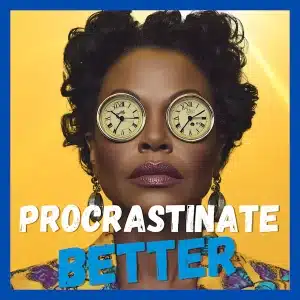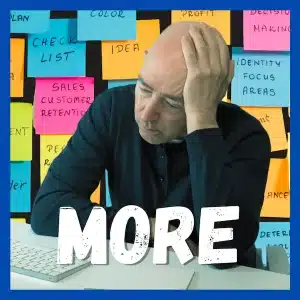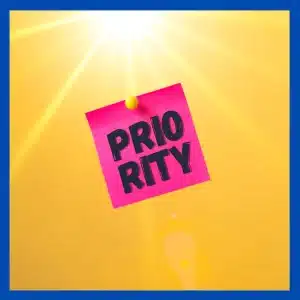Today, the technology of virtual augmentation is about to kill off one big part of the need to learn a language. Virtual Augmentation means that graphic or virtual images are overlaid on top of live pictures. A simple example would be watching sport when the score is displayed at the same time as you watch the game.
Here are a couple of examples shared by Roger Hamilton at his recent Fast Forward Your Business event in Melbourne.
The End of Translation
The first star player is the new Google Translate App that now translates street signs. As Arthur C Clark once said, any new technology appears like magic and this is magic!
Article: Gizmag talks about the Google Translate Update
The second star player is the new Skype real time translation function for conversations between two people from different countries.
https://www.youtube.com/watch?v=J_aEEiBMXvc
[Tweet “Learning a language? Stop and let Skype or Google do it for you #foreignlanguage”]
Why Learn? New Job?
There are two implications for these new tools.
- The huge investment in learning a foreign language is about to be compared to a technological shortcut. Whilst you might still want to learn language for the challenge of it, new technology means you can communicate with out all the effort.
- If you’re a translator of foreign languages or a language teacher then you might want to re-consider your future. This is technology that is available now. And, soon, everyone will have this on their smartphones.
QUESTION: Love to hear your thoughts about this new technology. What will it change for you?



